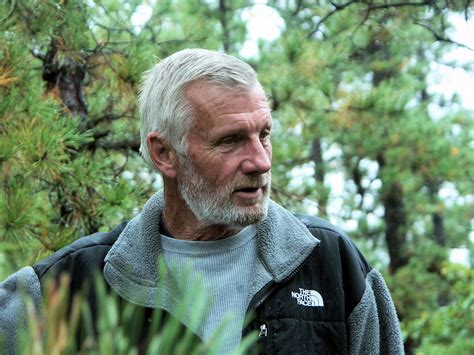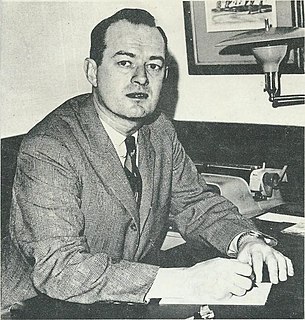A Quote by William Davenant
Go! dive into the Southern Sea, and when
Th'ast found, to trouble the nice sight of men,
A swelling pearl, and such whose single worth
Boasts all the wonders which the seas bring forth,
Give it Endymion's love, whose ev'ry tear
Would more enrich the skilful jeweller.
Related Quotes
They fought on with a devotion which would puzzle the generation of the 1980s. More surprising, in many instances it would have baffled the men they themselves were before Pearl Harbor. Among MacArthur's ardent infantrymen were cooks, mechanics, pilots whose planes had been shot down, seamen whose ships had been sunk, and some civilian volunteers.
Unfathomable Sea! whose waves are years, Ocean of Time, whose waters of deep woe Are brackish with the salt of human tears! Thou shoreless flood, which in thy ebb and flow Claspest the limits of mortality! And sick of prey, yet howling on for more, Vomitest thy wrecks on its inhospitable shore, Treacherous in calm, and terrible in storm, Who shall put forth on thee, Unfathomable sea?
Science in England is not a profession: its cultivators are scarcely recognised even as a class. Our language itself contains no single term by which their occupation can be expressed. We borrow a foreign word [Savant] from another country whose high ambition it is to advance science, and whose deeper policy, in accord with more generous feelings, gives to the intellectual labourer reward and honour, in return for services which crown the nation with imperishable renown, and ultimately enrich the human race.
Friends now fast sworn,
Whose double bosoms seems to wear one heart,
Whose hours, whose bed, whose meal and exercise
Are still together, who twin, as 'twere, in love,
Unseparable, shall within this hour,
On a dissension of a doit, break out
To bitterest enmity; so fellest foes,
Whose passions and whose plots have broke their sleep
To take the one the other, by some chance,
Some trick not worth an egg, shall grow dear friends
And interjoin their issues.
The recovery of spiritual sight and the healing of physical blindness have much in common. Some of those whose bodily eyes were blind received their sight at once, like the man who heard and immediately saw and was healed. Others recovered their sight gradually as in the case of the man, who, before he was completely cured, said, “I see men as trees, walking”. It is the same with those whose spiritual eyes were healed.




































